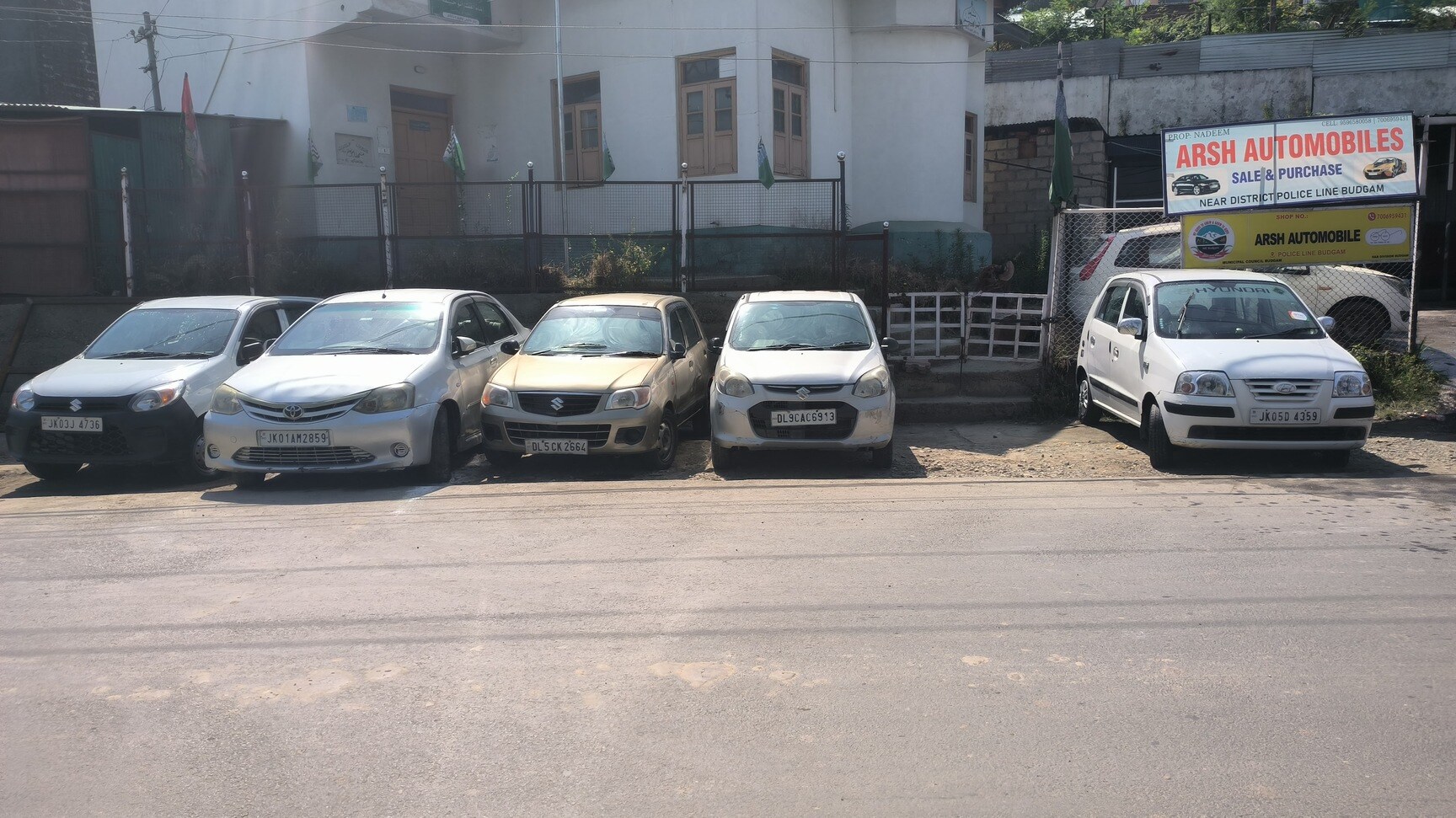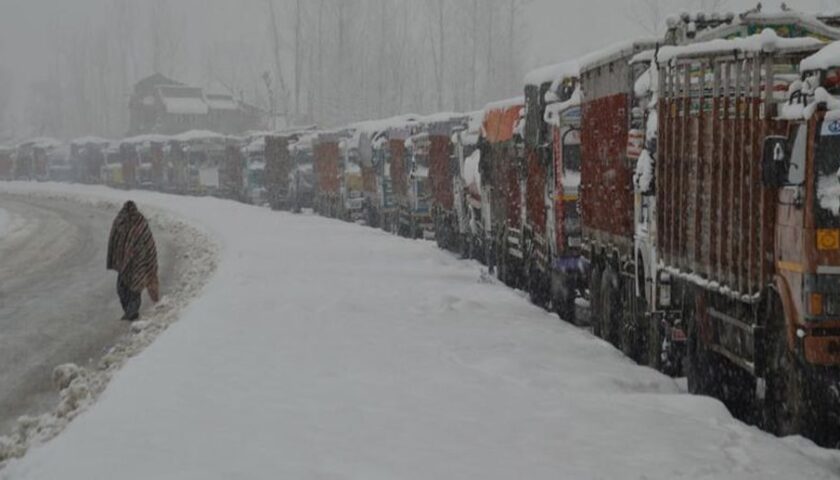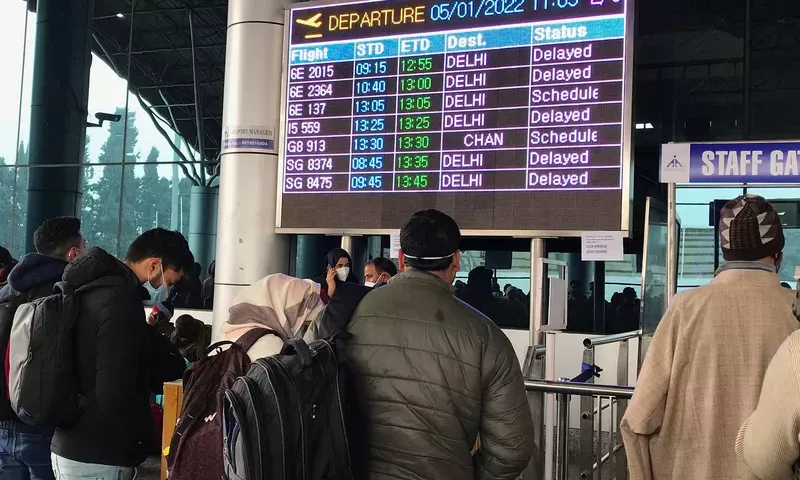New guidelines aim to curb fraud, ensure digital traceability and streamline the used-vehicle market
By: Javid Amin | 25 November 2025
In a major regulatory overhaul, the Jammu & Kashmir government has issued fresh guidelines making official authorisation mandatory for all dealers involved in buying, selling, storing, or handling registered vehicles. The move aims to curb fraudulent transfers, misuse of documents, and bring all transactions under digital surveillance through the national VAHAN portal.
Mandatory Authorisation for Vehicle Dealers
Under the new rules, no entity can engage in resale or handling of registered vehicles without obtaining formal authorisation from the Transport Department. This includes dealers, brokers, aggregators, and stock handlers operating within J&K.
The guidelines mandate:
-
Compulsory dealer authorisation
-
Registration of every transaction on VAHAN
-
Secure premises verification before approval
-
Maintenance of complete KYC for buyers and sellers
-
Real-time reporting of every vehicle entering or leaving dealer custody
Authorisation Process Explained
Dealers must apply online, after which their premises will undergo physical verification by the respective RTO/ARTO. Once cleared, authorisation will be granted for five years, subject to strict compliance.
Key Requirements:
-
Adequate parking and secure storage
-
CCTV surveillance for traceability
-
Updated buyer–seller KYC records
-
Accurate log of vehicles received, sold, or transferred
-
Real-time entry of all vehicle details on VAHAN
Digital Traceability Through VAHAN
A central feature of the new regulation is mandatory digital traceability.
All dealer transactions—vehicle receipts, stock movement, sales, ownership changes—must now be reported on VAHAN, the Ministry of Road Transport and Highways’ national database.
This ensures:
-
Transparent ownership history
-
Prevention of fake or backdated transfers
-
Quick verification during police inquiries
-
Audit-ready data for enforcement teams
The system will help curb vehicle misuse in crimes, tax evasion, and fraudulent RC transfers.
Enforcement Measures Tightened
Transport authorities have been directed to begin strict inspections immediately:
-
RTOs/ARTOs will regularly check dealer premises
-
Enforcement officers will verify VAHAN entries
-
Action will be taken against unregistered or fake operators
-
Documents may be seized in cases of non-compliance
Unauthorised dealers operating after the 21-day compliance window will face penalties and possible closure.
Context & National Significance
This move follows the MoRTH Notification GSR 901(E), aligning Jammu & Kashmir with nationwide standards for regulating used-vehicle dealers.
For years, the pre-owned vehicle sector in J&K—largely unorganised—has struggled with:
-
Fake signatures on Forms 29/30
-
Vehicles changing multiple hands without proper transfer
-
Theft cases where vehicles were untraceable
-
RC manipulation and evasion of liabilities
-
Sellers held liable for crimes committed by new users
The new guidelines aim to eliminate such loopholes.
Why the New Rules Matter
1. Consumer Protection
Buyers gain confidence that every vehicle they purchase has:
-
Verified documents
-
Authentic RC transfer
-
Transparent past ownership
-
Digital traceability
2. Market Regulation
The used-vehicle market becomes more organised with:
-
Verified dealer identities
-
Standardised processes
-
Less scope for fraud
3. Law Enforcement Support
Police and transport officials can track vehicles instantly via VAHAN, aiding investigations into:
-
Theft
-
Smuggling
-
Accidental liabilities
-
Criminal misuse
4. Protecting Genuine Sellers
Individuals selling their cars/bikes are protected from future liabilities once a dealer transaction is digitally recorded.
Takeaway
The J&K government’s new guidelines mark a major shift in the regulation of vehicle resale and handling, ensuring that only authorised and accountable dealers operate in the market. With VAHAN-based digital monitoring, the policy is expected to significantly reduce fraud, increase transparency, and improve consumer trust across the Union Territory.




